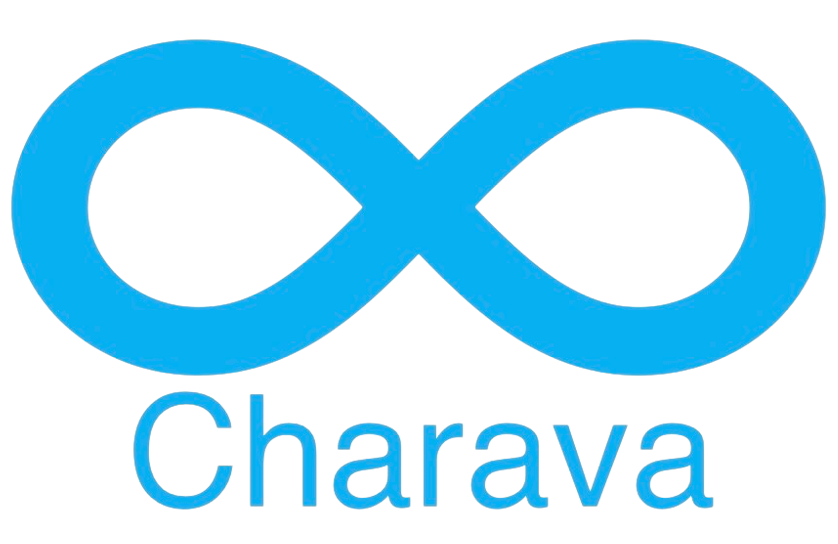Dr. Sinclair's Supplement Regimen for Longevity

David Sinclair, a renowned Harvard Medical School professor, is widely known for his work on aging and longevity. He is also known for his own personal supplement regimen, which he has shared publicly in interviews and on social media.
In this blog post, we will delve into the supplement regimen of David Sinclair and the reasoning behind it.
Based on recent interviews and his book, Dr. Sinclair’s supplement and longevity supplement regimen likely looks as follows:
- Nicotinamide mononucleotide (NMN): 1g per day, in the morning
- Resveratrol: 1g per day, in the morning
- Metformin: 800 mg, in the evening (most use Berberine as an alternative to this)
- Vitamin D3: ideally 4,000 to 5,000 IU per day
- Vitamin K2: ideally 180 to 360 micrograms per day
- Statin
- Low-dose aspirin: 83 mg per day (a baby aspirin)
- Alpha lipoic acid (ALA): recent status unknown
- Coenzyme Q10 (coQ10): recent status unknown
- Spermidine: 1 mg per day, in the morning
- Quercetin and fisetin: 500 mg each, once per day, in the morning
- TMG (trimethylglycine or betaine): 500 mg to 1,000 mg per day
-
NMN (nicotinamide mononucleotide) NMN is a compound that has been shown to increase NAD+ levels in the body. NAD+ is a coenzyme that is involved in various metabolic processes, including energy production and DNA repair. As we age, our NAD+ levels decline, which has been linked to age-related diseases. Sinclair takes NMN daily, with the aim of maintaining his NAD+ levels and promoting longevity.
-
Resveratrol Resveratrol is a polyphenol found in red wine, grapes, and some berries. It has been shown to have antioxidant and anti-inflammatory properties, as well as potential benefits for cardiovascular health. Sinclair takes a resveratrol supplement, which he believes can activate sirtuins, a class of proteins that are involved in cellular stress response and have been linked to longevity.
-
Metformin Metformin is a drug commonly used to treat type 2 diabetes. It works by reducing glucose production in the liver and increasing insulin sensitivity. Sinclair takes metformin as a preventative measure against age-related diseases, as it has been shown to have potential benefits for cardiovascular health, cancer prevention, and cognitive function.
-
Vitamin D Vitamin D is a nutrient that is important for bone health and immune function. Sinclair takes a vitamin D supplement to maintain adequate levels, especially during the winter months when sun exposure is limited.
-
Omega-3 fatty acids Omega-3 fatty acids are essential fats that are important for brain function and cardiovascular health. Sinclair takes an omega-3 supplement to ensure he is getting enough of these important nutrients.
While Sinclair's supplement regimen may seem extensive, he emphasizes that it is not a one-size-fits-all approach and that everyone's needs are different. He also stresses the importance of maintaining a healthy lifestyle, including regular exercise and a healthy diet, in addition to taking supplements.
As always, it is important to consult with a healthcare professional before starting any new supplement regimen.
Disclaimer
Please note that when you purchase products of this nature you should do so in consultation with your medical / healthcare provider.
Please note you purchase at your own risk. We do not accept any responsibility, risk or liability for any adverse reactions, effect or likewise. We provide the highest grade certificated products available (to our knowledge), we have had outstanding reviews and feedback but please respect that everyone is different and we cannot take into consideration your personal medical or health condition(s).
Please also note that when we give help with your questions we are also at the same time not qualified to answer any medical questions and you should always consult a medical professional.
Any questions you may have concerning your use of drugs, medications, or supplements should be directed to your healthcare provider.
Information and products are meant for general use only and are not intended to diagnose, cure, treat, or prevent any disease or provide medical advice.
